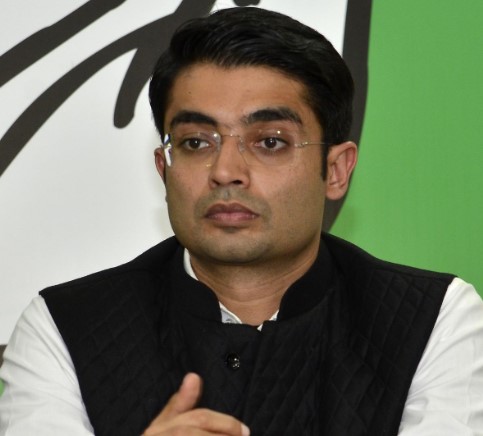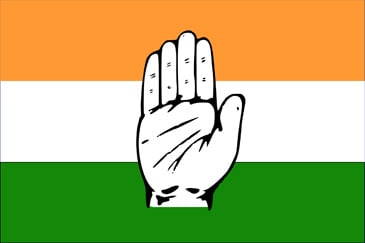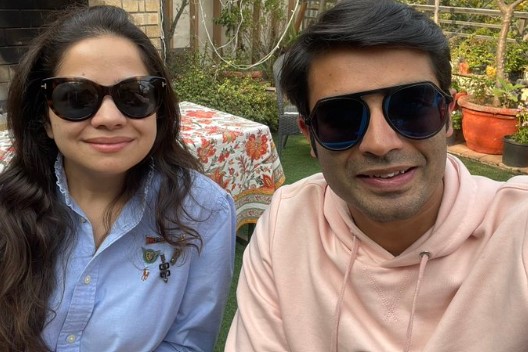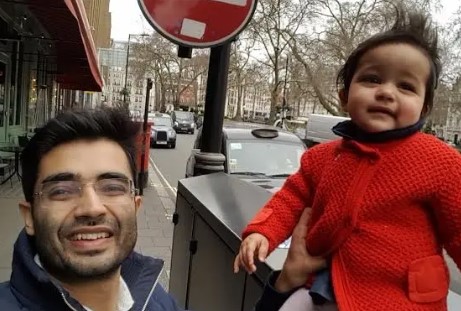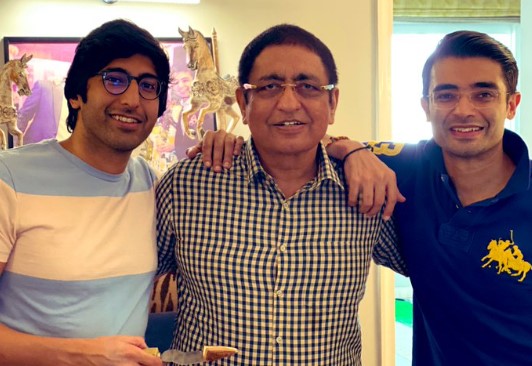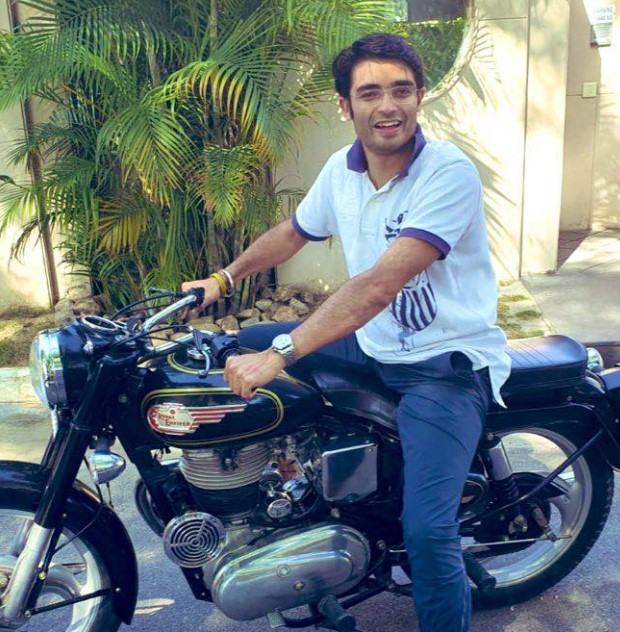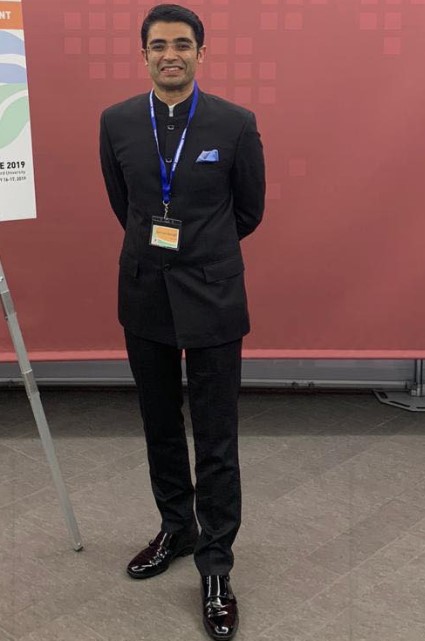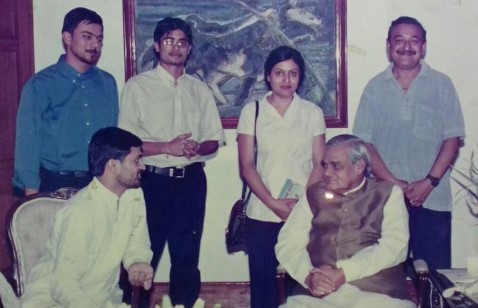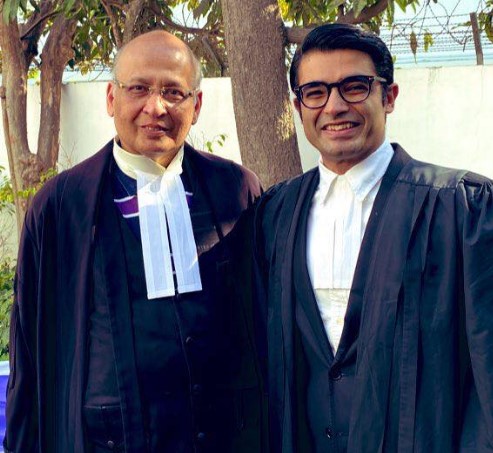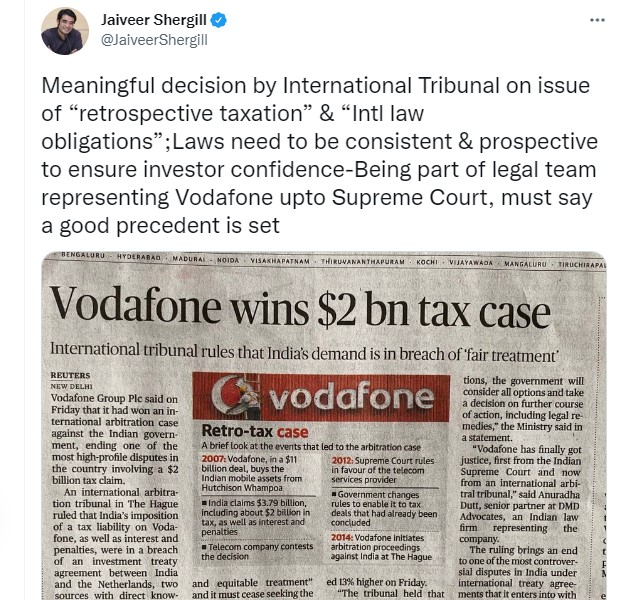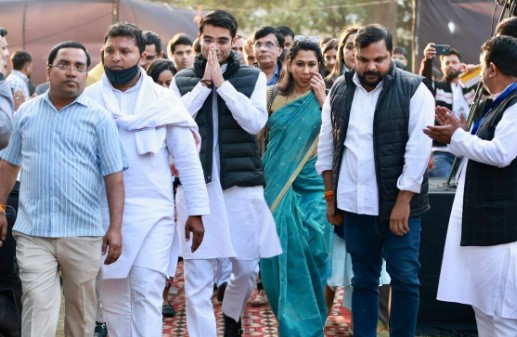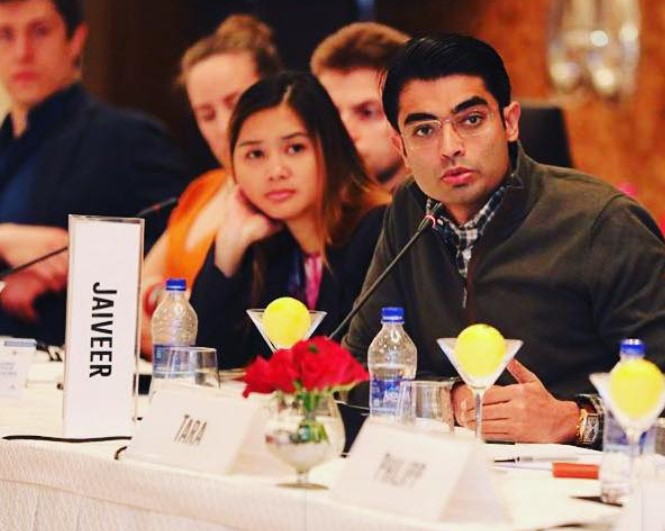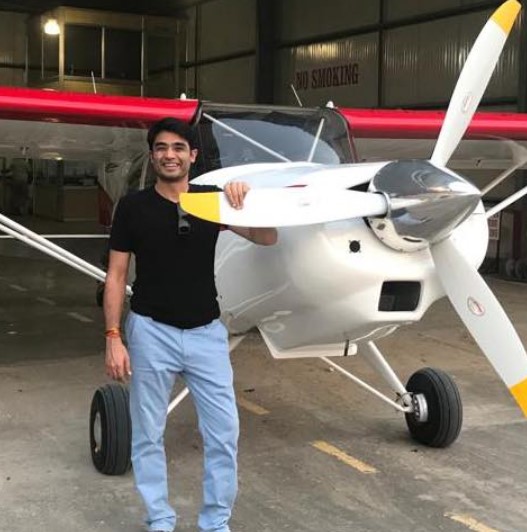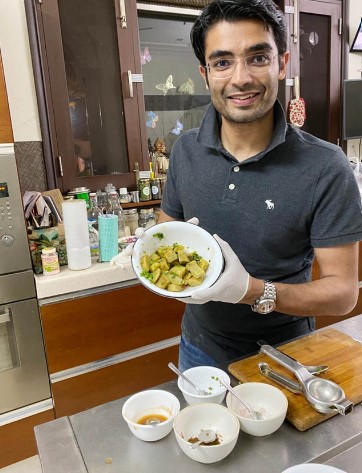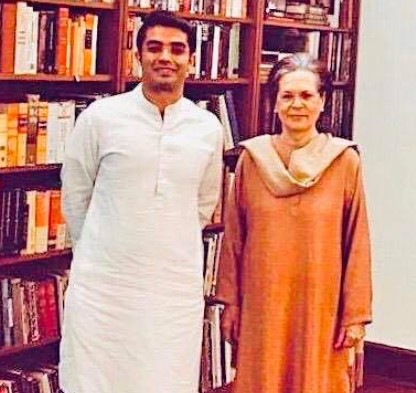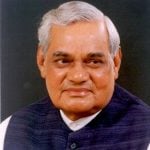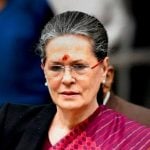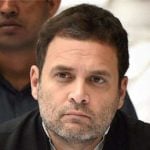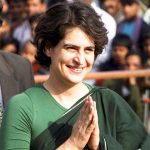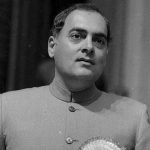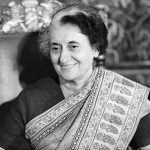Jaiveer Shergill Age, Caste, Wife, Children, Family, Biography & More
Some Lesser Known Facts About Jaiveer Shergill
- Jaiveer Shergill is an Indian Supreme Court lawyer and politician. He has a client base in India, Dubai, Australia, and the USA. He served as the spokesperson of the Indian National Congress party till 24 August 2022. He left the party on 24 August 2022 due to sycophancy in the party.
- Jaiveer Shergill is regarded as the youngest National Media Panelist of the Indian National Congress, the youngest spokesperson of the Congress Party for Punjab (Punjab Pradesh Congress Committee), and the youngest individual to be appointed as the Co-Chairman of the Congress Legal Cell for Punjab.
- In 2000, when Jaiveer Shergill was studying in class eleventh, he received the opportunity to meet Atal Bihari Vajpayee the then Prime Minister of India.
- During his college days, Jaiveer Shergill was a bright student who used to participate in many extra-curricular activities organised in the college. He was elected President of the Student Union when he was studying in college.
- Soon after graduating from the West Bengal college of law, in 2006, he started practising law at the Bar Council of Delhi. He started practising as a law associate with the Economic Laws Practice, which is a noted law firm in India and has specialised in tax and commercial cases.
- In 2008, Jaiveer Shergill joined the Chambers of Abhishek Singhvi, a Senior Advocate, a Rajya Sabha MP, and a spokesperson of the Indian National Congress.
- Later, Jaiveer Shergill started practising at the Supreme Court of India and advocated many high-profile cases, for instance, he was among the panel of lawyers who represented Vodafone India against the Income Tax department under the case of highest tax liability of US$2.2 billion. In this case, Vodafone denied paying an Income Tax of Rs. 2000 crore (US$330 million) and mentioned in its statement that the income received by the company from the shares was an overseas tax transaction from Mauritius. It stated,
It had the effect of transferring (i.e. selling) all its assets in India from one party to another, with absolutely no tax liability in India on the sale, whether of sales tax or capital gains tax or any other tax.”
- From 2008 to 2009, Jaiveer Shergill served the International Bar Association, the most prestigious Lawyers’ Organization in the world as the Young India Representative.
- In 2011, Jaiveer Shergill represented his client Shakhadri in a controversial religious dispute in which two religious communities in Karnataka state claimed to perform religious prayers at the same place. [1]Deccan Herald
- During his tenure in the Indian National Congress, in 2013, Jaiveer Shergill was instrumental in launching a 24×7 legal toll-free helpline number for congress workers to get legal assistance if they faced legal cases. He also advocated the issues related to economic and social conditions in India, the poor conditions of schools in Punjab, raising his voice against drug use, safety for women, and so on.
- In 2016, in a media interview, Jaiveer Shergill disclosed a mantra to the fathers for a successful marriage after the birth of a child. He stated,
So, for a successful marriage, it is vital that today’s fathers shoulder the child raising responsibilities in every sense including changing diapers:-).”
In the discussion, he added that he was a new-age father who did all the household chores to support his wife after having a baby. He said,
I’m a ‘new-age’ dad who changes diapers, feeds breakfast/lunch/dinner and is an equal stake holder, support provider to my wife in terms of raising our daughter.”
- In 2022, Jaiveer Shergill advocated the case of Vistara, a new joint venture of the Tata group and Singapore Airlines, in the Supreme Court and the Delhi High Court. The petition was filed by Vistara management to stop the entry of foreign airlines into India.
- Soon after venturing into Indian politics, Jaiveer Shergill was appointed as the National Media Panelist for the Indian National Congress Party, Spokesperson of the Punjab Pradesh Congress, and Co-Chairman of the Legal Cell of the Congress Party in Punjab.
- As a member of a political party in India and a Supreme Court lawyer, Jaiveer Shergill often contributes to the noted publications in India on the issues related to terrorism, the functions of parliament, the policies of the government related to digital infrastructure, financial planning, employment generation, ill effects of drug use, and the governance.
- In 2022, Jaiveer Shergill was invited by the Government of the United States of America along with other policymaker authorities of India to attend a three-day conference organised at North Atlantic Treaty Organization (NATO) headquarters in Brussels, Belgium to talk about the issues related to the security among India, Afghanistan, and Pakistan.
- Jaiveer likes flying his private plane in his leisure time.
- According to Jaiveer Shergill, he likes cooking food at his home as a hobby. During the covid-19 lockdown in India, in a conversation with a media house, he talked about his daily routine. He stated that he started his day with exercise and loved to cook a chocolate cake, gobi paranthas, and grilled vegetables. He said,
I start my day with exercise in the morning. I have set a challenge of trying my hand at 21-cooking recipes for 21 days, including making chocolate cake, gobi parantha and grilled vegetables. Besides, I have been learning how to tie a turban.”
- On 24 August 2022, Jaiveer Shergill left the Indian National Congress party stating that sycophancy is “eating the Congress like ‘termites.” In a media conference, he disclosed that the members of the party were no longer entertained by the higher authorities. He said,
The decision-making of the Congress party is not in sync with the ground reality anymore. I’ve been seeking time from Rahul Gandhi, Sonia Gandhi & Priyanka Gandhi Vadra for more than a year, but we are not welcomed in the office.”
In a letter to INC president Sonia Gandhi, he wrote that the decisions and visions of the authorities of the party were no longer matched with the aspirations of young and modern India. He wrote,
Furthermore, it pains me to say that decision-making is no longer for the interest of the public and the country. Rather, it is influenced by the self-serving interests of individuals indulging in sycophancy and consistently ignoring on ground reality. This is something I cannot morally accept or continue to work with.”
References/Sources:

